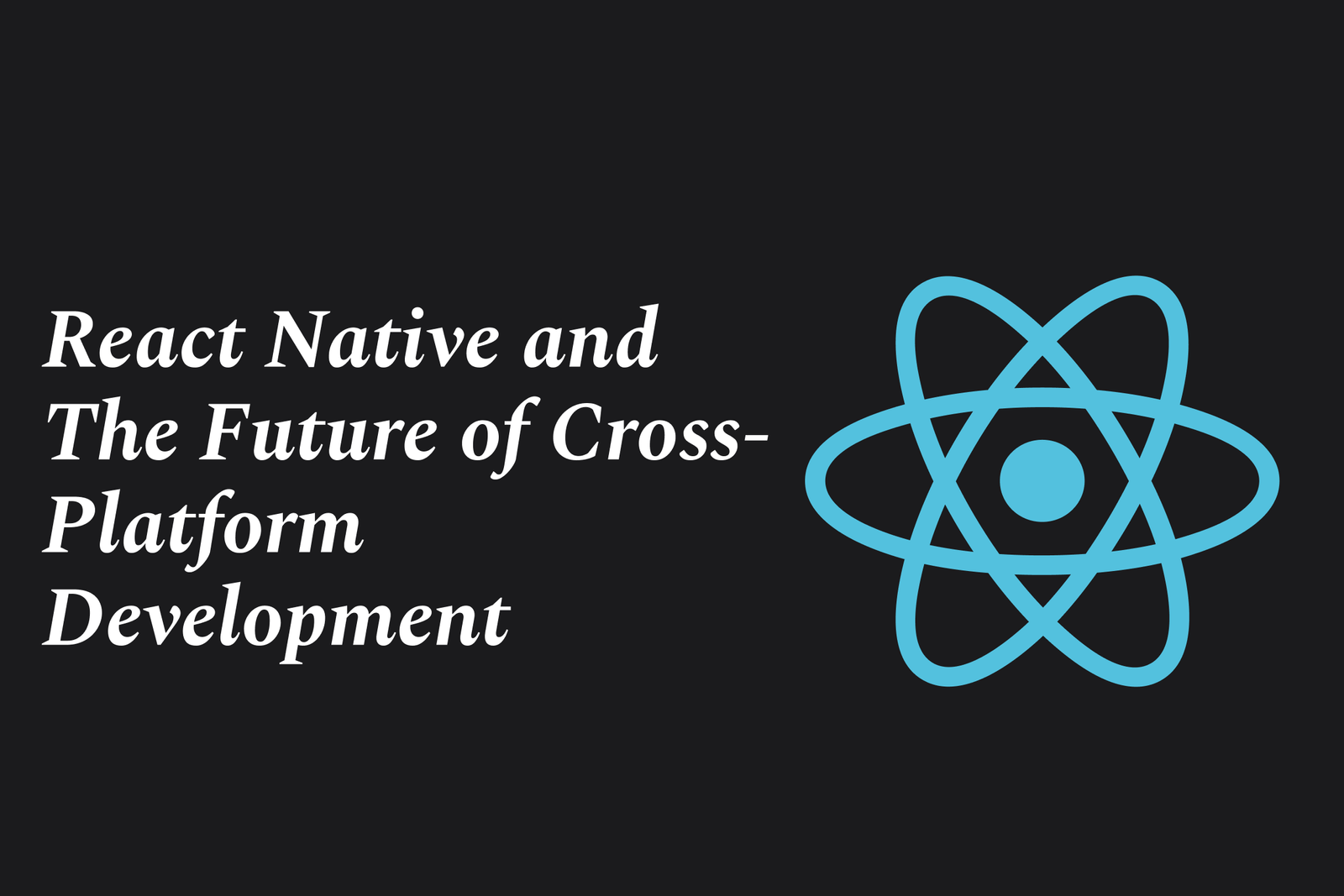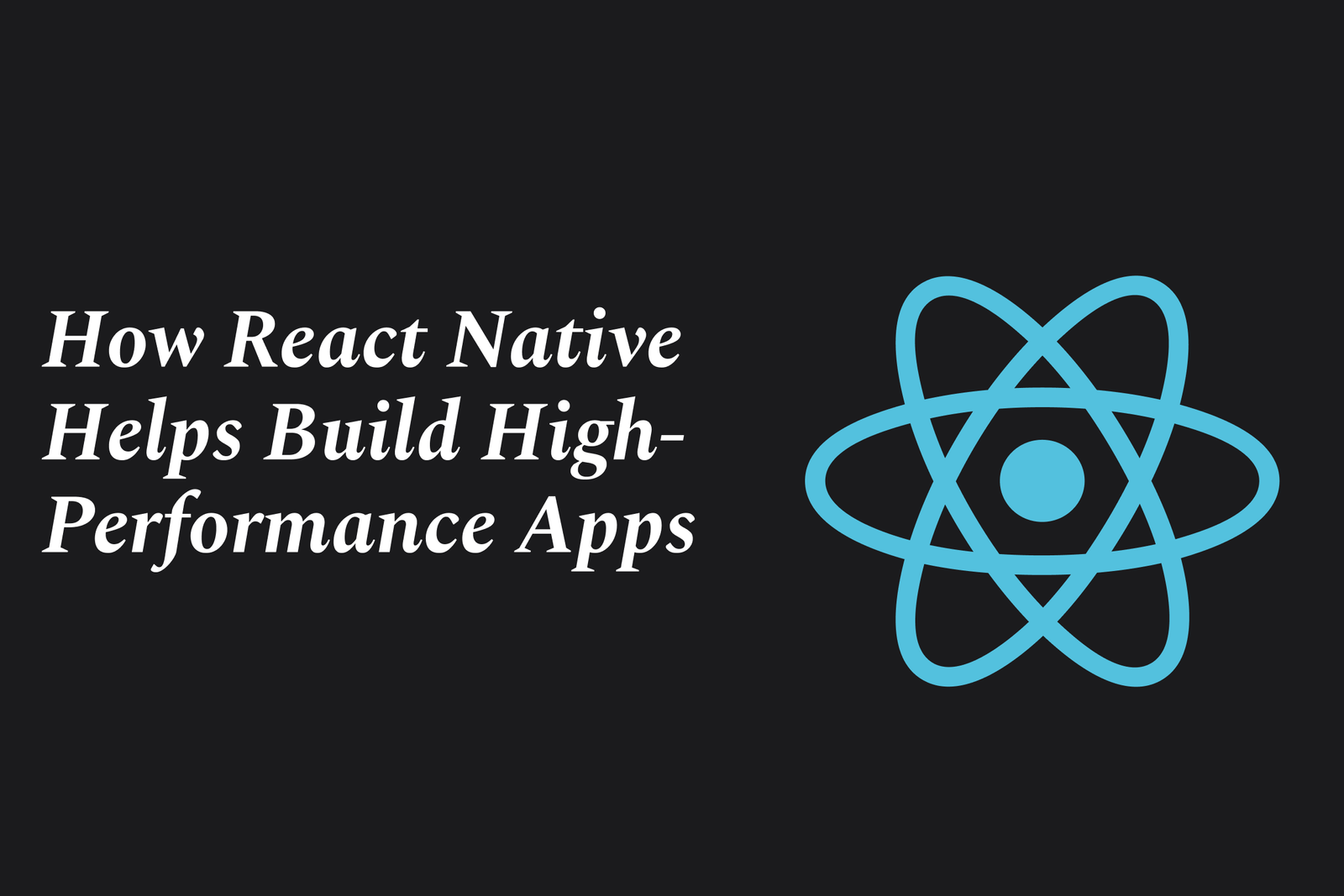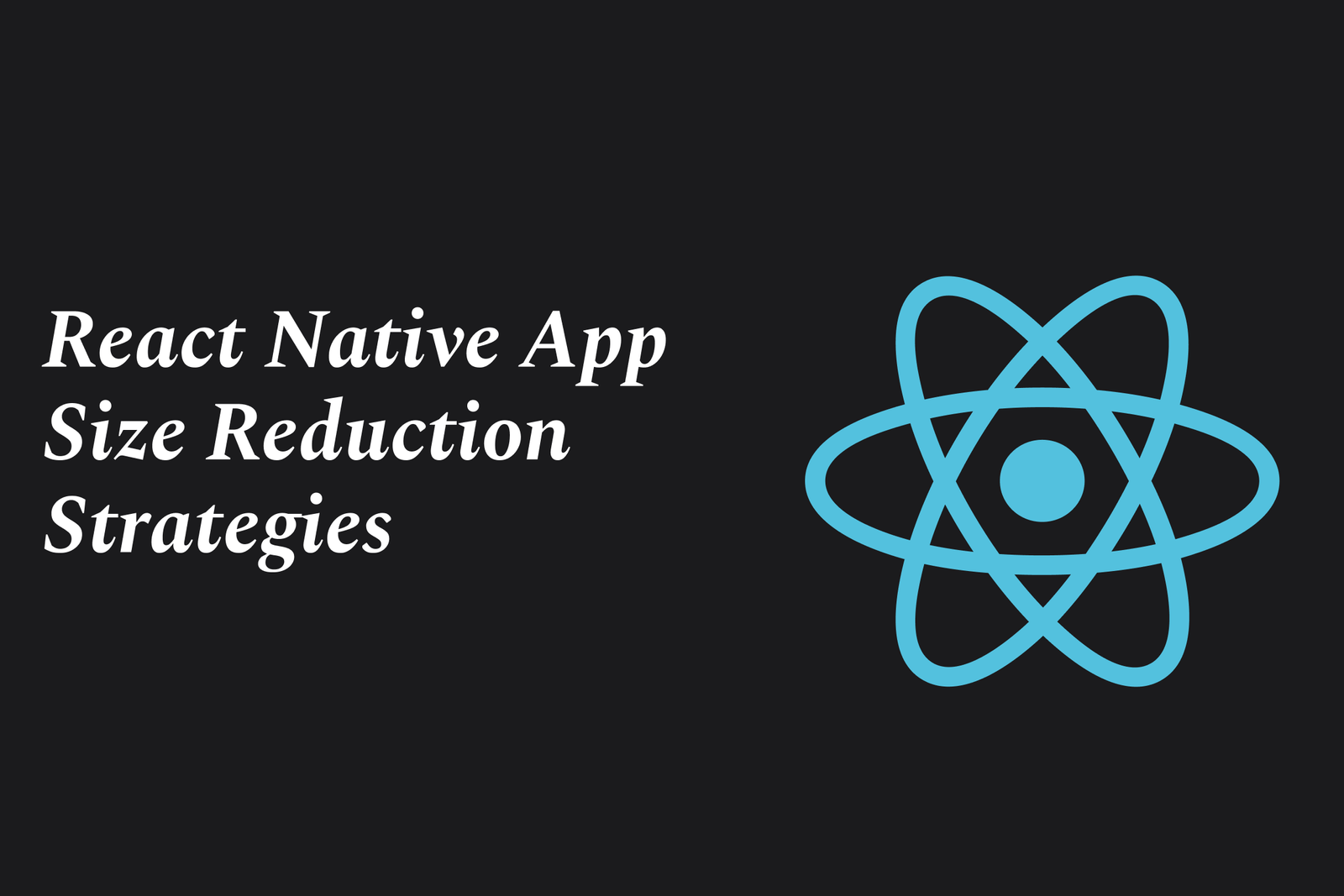Why React Native is the Best Bet for Freelance Developers
React Native is the best bet for freelance developers because it enables fast, cross-platform mobile app development using familiar React skills. Its efficiency, strong community support, and market demand make it ideal for creating high-quality apps without separate iOS and Android codebases.
Why React Native Is The Best Bet for Freelance Developers
1 ) Opportunity and Motivation to Freelance
Freelancing offers freedom, challenges, and opportunities for self development.
The author, originally a frontend web developer with ReactJS experience, was drawn to freelancing due to boredom and frustration at a traditional job and a unique mobile app project opportunity.
Personal passion and happiness were prioritized over conventional career strategy.
2 ) Why Choose React Native?
React Native enables building cross platform mobile apps efficiently, saving time and effort compared to developing separately for iOS and Android.
The author found local agency proposals for app development poor in quality and overpriced, motivating a DIY approach.
React Native’s ability to leverage existing ReactJS skills accelerates learning and development.
3 ) Learning and Development Journey
The learning path included setting up a dev environment, handling navigation, creating splash screens, and managing app state and sessions.
The author tackled complexities like lists, images, time management, custom fonts, icons, CI/CD, and monitoring.
Support for both iOS and Android was integrated, broadening app accessibility and market reach.
4 ) React Native’s Developer Experience
React Native, backed by React, benefits from constant improvements by the React team improving developer experience.
It welcomes beginners with a low learning curve but provides powerful capabilities for complex app development.
Wide industry adoption ensures a sustained demand for React Native developers.
5 ) Career and Market Demand Perspective
React remains the most popular frontend library with strong community support and continuous innovation.
React Native developers have a competitive advantage due to cross platform expertise.
Freelance developers can leverage React Native skills to tap into numerous freelance and remote job opportunities, making it a practical and lucrative choice.
6 ) Summary
React Native combines React’s strengths with native mobile app capabilities, offering freelance developers an efficient, effective technology stack.
It encourages creativity and growth while meeting client and market demands without excessive overhead.
For web developers looking to transition into mobile or expand their skill set, React Native represents a rewarding and sustainable freelance path.
https://justacademy.in/news-detail/android-malware-protection-improvements
https://justacademy.in/news-detail/desktop-apps-in-flutter:-pros-and-cons
https://justacademy.in/news-detail/why-react-native-developers-are-making-20%-more-in-2025
https://justacademy.in/news-detail/react-native?s-latest-update-fixes-your-biggest-performance-issues
https://justacademy.in/news-detail/react-native-and-graphql:-a-match-made-in-heaven
Related Posts
React Native’s latest updates bring a new architecture, improved performance with Hermes engine, better debugging tools, enhanced styling, and seamless native integrations—making cross-platform app development faster, smoother, and more reliable than ever, enticing developers to switch back.
The React Native Expo SDK roadmap for 2025 focuses on enhancing cross-platform app development with improved native code integration, faster deployment, advanced testing, and seamless collaboration—empowering developers to build high-performance, production-ready apps efficiently.
React Native’s developer experience sees a major boost with its new architecture, enabling smoother UI rendering, synchronous layout updates, and support for React 18 features. These improvements enhance performance, simplify development, and future-proof mobile app creation.
React Native’s upcoming features focus on a new default architecture for improved performance, enhanced debugging tools, better TypeScript support, and expanded platform compatibility. Frameworks like Expo streamline development with automated builds and live updates, making cross-platform app creation faster and easier.
React Native enables cross-platform native apps using JavaScript and React, while WebAssembly offers near-native performance for running code in any environment. Together, they represent the next frontier for building fast, portable, and secure apps across mobile and web platforms.
React Native’s new code splitting techniques optimize app performance by loading JavaScript code only when needed. Using Hermes bytecode, lazy-loaded components, inline requires, and platform-specific modules reduces startup time and memory usage for smoother, faster apps.
React Native is gaining traction in emerging markets due to its ability to build efficient, cross-platform mobile apps with a single codebase, reducing costs and development time. Its strong community support and performance make it ideal for fast-growing, mobile-first regions.
React Native developer salaries are rising due to high demand for cross-platform mobile apps, limited skilled talent, and its efficiency in reducing development time. As businesses prioritize faster launches and cost-effective solutions, skilled React Native developers command higher pay.
React Native enables building native mobile apps using JavaScript and React, while Expo enhances this by offering a powerful framework with tools, libraries, and services that simplify development, testing, and deployment—making their partnership efficient and developer-friendly.
React Native app size reduction strategies involve optimizing code, assets, and dependencies to minimize the app’s binary and bundle size. Techniques include enabling Hermes, using Proguard, compressing images, removing unused assets, and leveraging Android App Bundles for efficient delivery.










